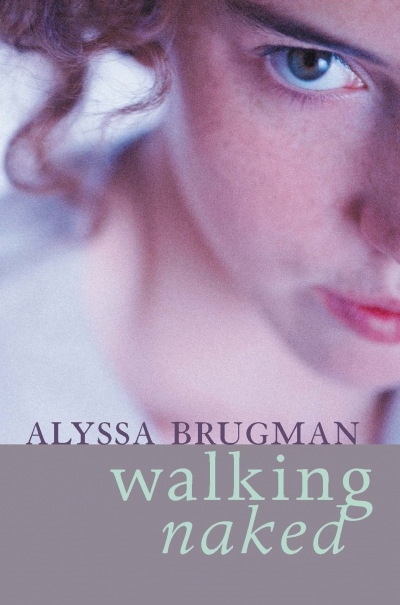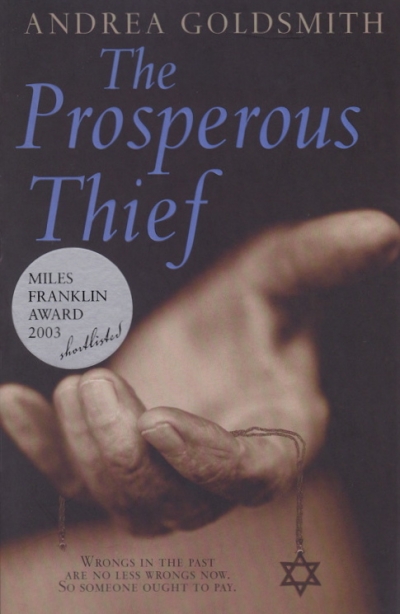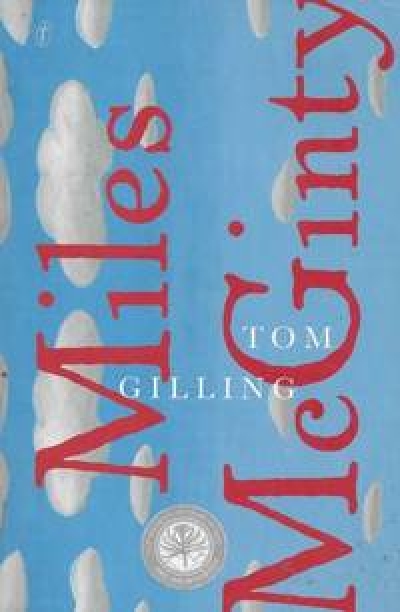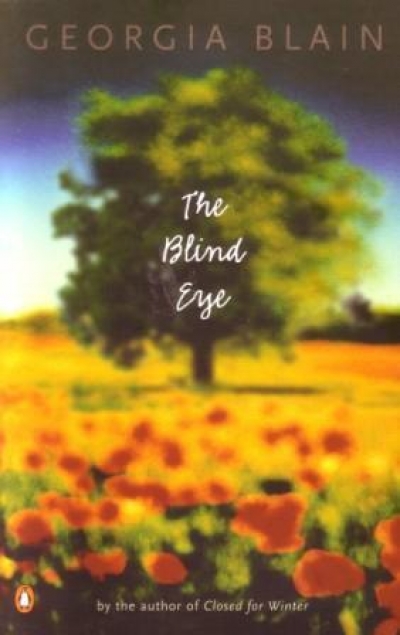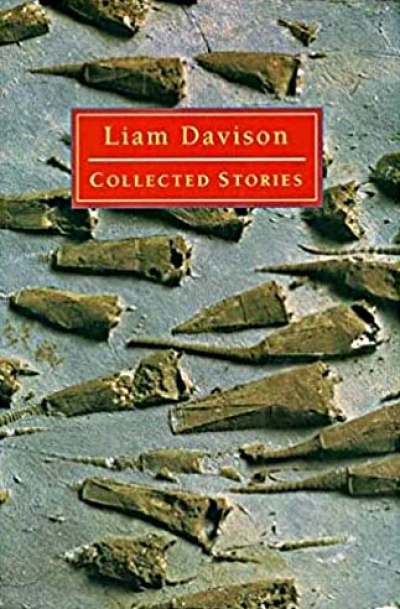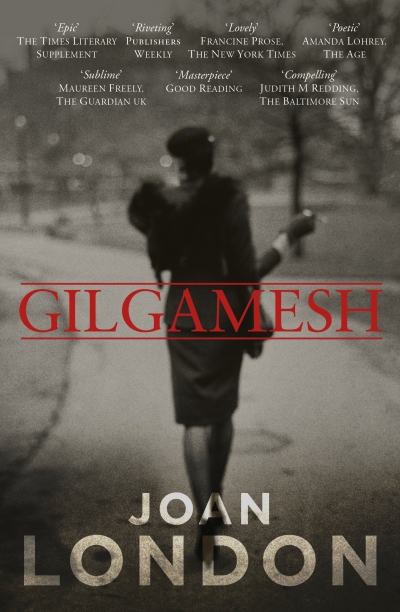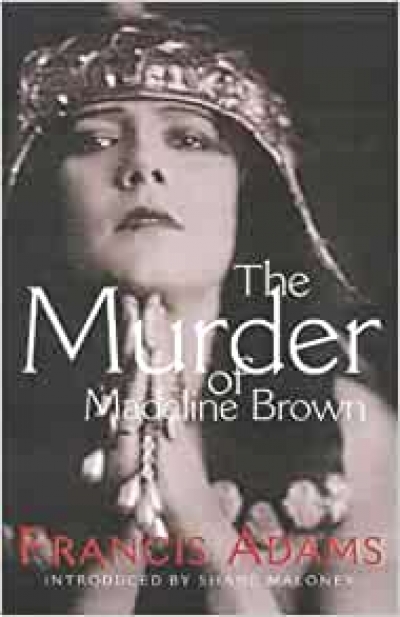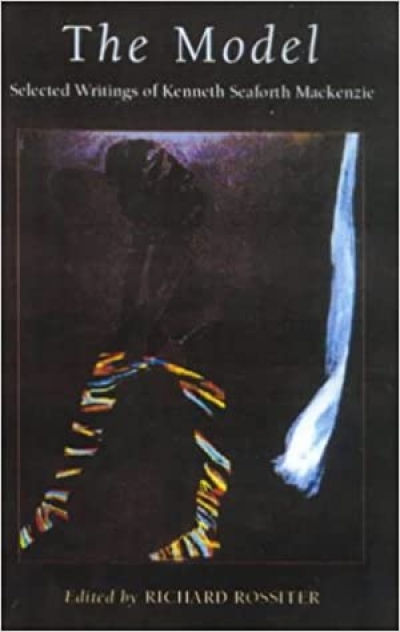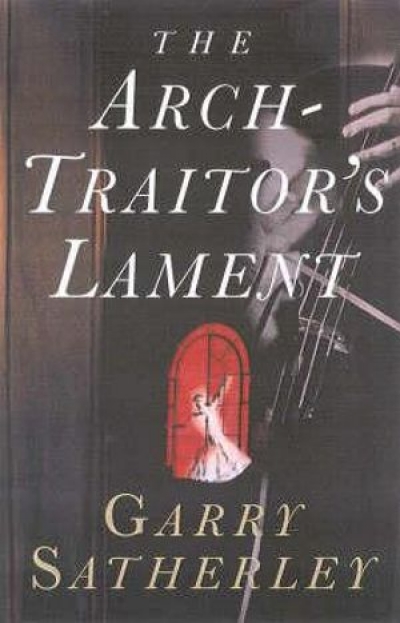Australian Fiction
Walking Naked by Alyssa Brugman & The Barrumbi Kids by Leonie Norrington
by Judith Ridge •
These four titles are reissues of well-known texts, or of the work of well-known writers, from four different publishers. A good sign perhaps, very welcome at a time when publishing seems ever more ephemeral and when many works, even from the recent past, are unavailable.
... (read more)The Blind Eye by Georgia Blain & Bella Vista by Catherine Jinks
by Dianne Dempsey •
The Model: Selected writings of Kenneth Seaforth Mackenzie edited by Richard Rossiter
by Thomas Shapcott •

